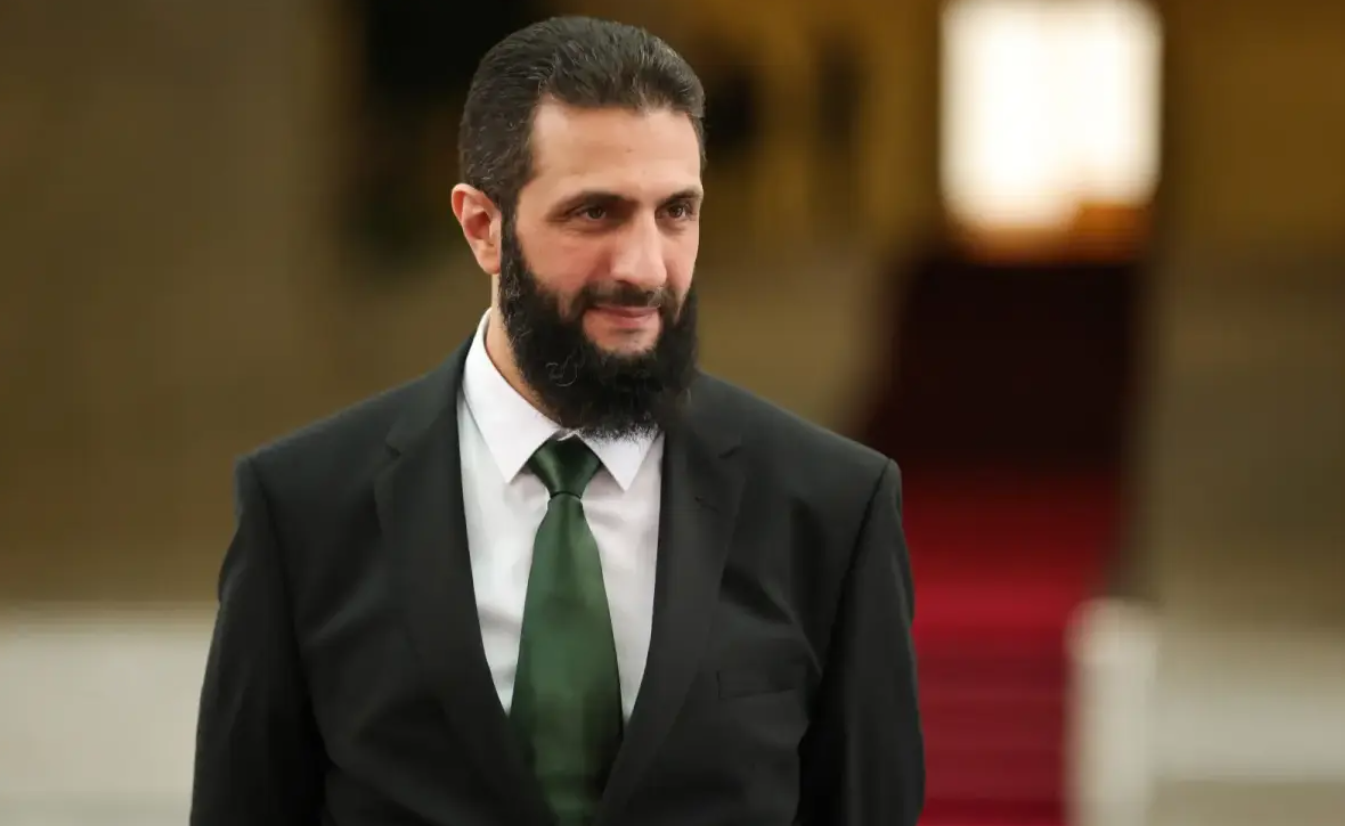New leadership in Syria signals interest in Abraham Accords
Han Saerom (Sookmyung Women’s University)
Syria is entering a new phase of re-engagement with the international community following a dramatic political transition. Ahmed al-Sharaa, the country’s new president who rose to power after the ousting of Bashar al-Assad in December 2024, has signaled an interest in rebuilding diplomatic ties—including with Israel. According to U.S. Congressman Cory Mills, who met al-Sharaa on 18 April, the interim government expressed willingness to consider joining the Abraham Accords, pending appropriate conditions. Many commentators see that this would mark a historic shift in Syria’s foreign policy, given decades of hostility and unresolved disputes over the Golan Heights.
During his meeting with Mills, al-Sharaa reportedly showed openness to discussing key U.S. concerns, including the withdrawal of foreign fighters and greater transparency on Syria’s chemical weapons stockpiles. In return, Washington has outlined a set of demands Syria must meet to qualify for partial sanctions relief, though no clear timeline has been established.
This diplomatic thaw comes amid growing economic urgency. Syria’s economy remains devastated after over a decade of conflict, and its new leadership appears keen to restore international trade and aid flows. However, skepticism remains high, particularly in Israel, where officials remain wary of al-Sharaa’s past associations with extremist groups. U.S. lawmakers’ visit to Damascus underscores the shifting geopolitical landscape. Republican legislators emphasized the importance of engaging Syria to prevent it from aligning more closely with adversaries.
Despite these developments, many obstacles lie ahead. Israel has reinforced its military presence in the Golan Heights and remains deeply cautious of Syria’s new rulers. More importantly, the on-going violence and humanitarian crisis in Gaza are likely to hamper peace politics between the two countries. Many observers from the West see the discussion of peace represents as a significant, albeit tentative, shift from years of isolation and war. Whether this momentum will lead to state-building or fade amid regional tensions remains uncertain.
시리아 새 정부, 아브라함 협정 참여 의사 표명
한새롬 (숙명여자대학교)
2024년 12월 바샤르 알-아사드의 축출 이후, 시리아는 극적인 정치 전환을 거쳐 국제사회와의 조심스러운 재관계를 모색하는 새로운 국면에 접어들고 있다. 새로 집권한 아흐마드 알-샤라아 대통령은 외교 관계 복원을 시사했으며, 그 대상에는 이스라엘도 포함된다. 이달 다마스쿠스를 방문한 미국 하원의원 코리 밀스에 따르면, 샤라아는 일정 조건이 충족될 경우 아브라함 협정 가입을 고려할 용의가 있다고 밝혔다. 이는 수십 년간 이어진 적대감과 골란고원 문제로 얽힌 양국 관계를 감안할 때 시리아 외교 정책에 있어 역사적인 전환이 될 수 있다.
밀스 의원과의 회담에서 알-샤라아는 외국인 전투원의 철수, 시리아 화학무기 보유 현황에 대한 투명성 제고 등 미국의 핵심 우려 사안들에 대해 논의할 의향이 있음을 드러낸 것으로 알려졌다. 이에 대해 미국 정부는 일부 제재 완화를 위한 전제 조건들을 제시했으나, 구체적인 일정이나 이행 로드맵은 아직 마련되지 않았다.
시리아와 이스라엘 관계정상화에 관한 대화는 점점 심화되는 시리아 경제 위기 속에서 가속화되고 있다. 10년 넘는 내전으로 시리아 경제는 여전히 폐허 상태이며, 이슬람주의 배경을 지닌 새 정부조차 국제 무역과 원조 재개에 강한 의지를 보이고 있다. 그러나 이스라엘을 비롯한 국제사회는 여전히 회의감을 드러내고 있으며, 특히 알-샤라아의 과거 극단주의 단체와의 연계에 대한 의심이 지속되고 있다.
이번 미 의회의 다마스쿠스 방문은 정권 교체 이후 첫 사례로, 급변하는 지정학적 지형을 반영한다. 공화당 의원들은 시리아가 중국, 러시아, 이란 등 미국의 전략적 경쟁국들과 더 밀접하게 연대하는 것을 막기 위해 일정 수준의 관여가 필요하다고 강조했다.
시리아가 극복해야 할 장애물은 여전히 많다. IS공격이 지속되고 있으며 이스라엘도 골란고원에 군사 주둔을 강화한채 시리아의 새 통치 세력에 대해 강한 경계심을 유지하고 있다. 무엇보다 가자지구 내 계속되는 폭력과 인권유린은 시리아와 이스라엘 간 평화 논의에 장애물로 작용할 수 있다.

